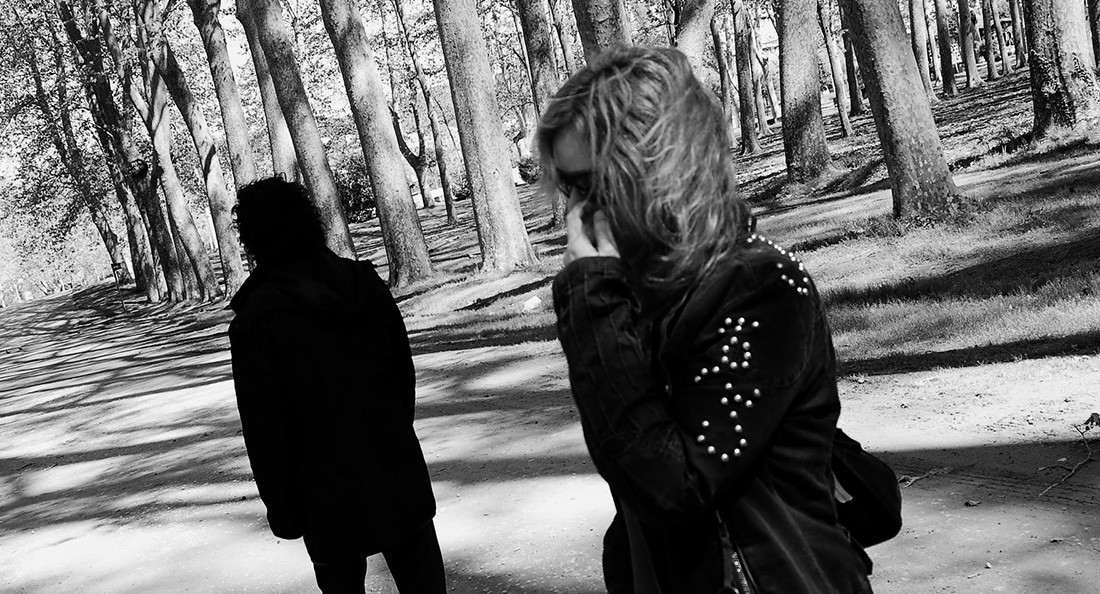Halfway to Somewhere
How do you grieve people who’ve hurt you?
A few months ago, I sent a message to a high school best friend who I hadn’t talked to in more than five years. The friend group I had been a part of splintered during my graduating year. Words were exchanged, apologies didn’t follow. Our fear of showing vulnerability was too strong to cede ground, so periods of avoidance, silence and a long separation ensued.
In our recent reconnection, my high-school best friend and I shared our feelings of guilt about our actions and unpacked how our lack of coping mechanisms for mental illness had resulted in placing too much emotional weight on each other. I was surprised by the relief I immediately felt after achieving a level of closure from this past hurt. A warm smile spread over my face as our reminiscing turned into a casual conversation and laughter sent via emojis between our computer screens, half a continent away from one another.
More recently, I had to make the decision to close off an important friendship which was hurting me too much to maintain. This has made me think again about my high-school best friend and the struggle of grieving close friendships or relationships which have ended badly, not knowing when or if reconciliation will happen.
It often feels easy to paint situations in black and white. Believing that there is something sinister about another person, labelling them as “emotionally immature” or falling into hatred can seem enticing.
However, I don’t think this way of thinking does justice for anyone involved in the end of a relationship. I have begun to ask myself, “who am I to say who someone else is, or what they feel inside?” And I have come to realize that all I can know of a relationship is my experience of it, which can rarely be reduced to one static thing or statement.
There is something about sitting with the grief of losing a friend, even one who has hurt you, that honours what was good about the connection you had. This can happen while still acknowledging the negative aspects of your relationship and recognizing the need to move on. This can feel like a starting point for healing.
The kind of grief I am describing is complicated. It balances contradictory emotions and holds hope for the future. It is also profoundly difficult in a very different way than losing someone you know you’ll never see again. Hope can be destructive, keeping you tied to harmful situations. I think hope is something that, for me, must be accompanied by a certain level of detachment. Hope for closure should be balanced by the realization that it may never be achieved. It should be met with the recognition that pushing for a resolution could cause further harm.
I am, of course, no expert on navigating interpersonal conflict. I imagine that managing the end of more explicitly abusive situations would definitely require a very different approach, and by reflecting on my own experiences here, I by no means intend to offer up a transferable template for grieving all relationships.
Yet I feel (or rather, I hope) that my recent experiences and reflections on past experiences will encourage me to recognize the complexity of harmful relationships. Moving forward, I hope to avoid making assumptions about others before entering into dialogue. I also know that sometimes I will need to exempt myself from drawn-out dysfunction and simply move on. Grieving hurt and then choosing to continue to trust in the goodness of other people is both painful and beautiful.
Jase is a queer, non-binary student and writer who lives on Treaty 1 territory.
Published in Volume 74, Number 2 of The Uniter (September 12, 2019)








